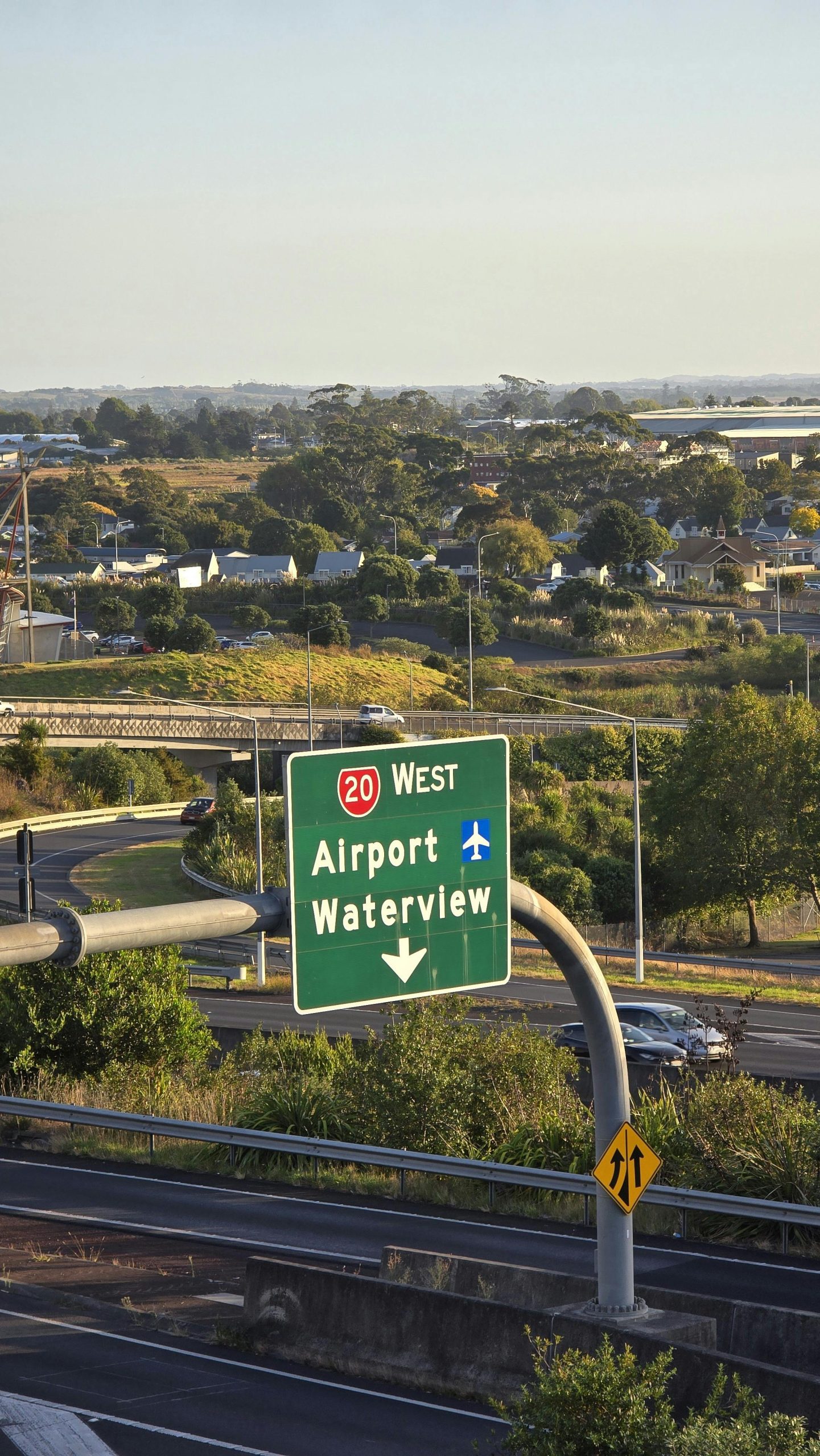Navigating Unexpected Legal Notifications in Property Management
Owning a property through a corporation often comes with various responsibilities, and sometimes, unforeseen challenges. Recently, I was taken aback upon receiving a legal notice from Morgan & Morgan about an alleged slip-and-fall incident that supposedly occurred at the entrance of my apartment building on June 6, 2024. The surprising part? This was the first I had heard of it.
Understanding the Legal Notification
The communication I received was rather vague, containing minimal details about the incident itself. The primary directive was to preserve any potential evidence such as video footage, communications, and documents that might be relevant. Unfortunately, our security camera system only retains video for up to 60 days, and since this incident was never reported, we find ourselves in a challenging position with no evidence to offer.
Is This Legal?
You may wonder whether it’s permissible to initiate such legal action without prior notice of the incident, especially when it’s brought to your attention months after the fact. Without any previously reported documentation, questions naturally arise about the legitimacy of the claim. One might consider the possibility of the incident being staged or fabricated, with the supposed victim producing selective evidence to back their claim. However, the lack of foreknowledge or evidence makes it difficult to dispute the allegations effectively.
The Role of Insurance
Ironically, my insurance provider decided to cancel the policy shortly after the incident, due to ongoing renovations at the property. While it’s conceivable that the insurance company might opt to settle the claim to avoid protracted legal proceedings, it also highlights the importance of maintaining comprehensive coverage, especially during significant property changes.
Improving Surveillance and Monitoring
This situation has prompted me to evaluate the adequacy of our current security measures. As a property owner, ensuring tenant safety and being prepared for such incidents is crucial. Installing surveillance cameras throughout the building, including in every hallway, could provide a more reliable record and potentially deter fraudulent claims.
In conclusion, facing unexpected legal claims is undoubtedly stressful, but it underscores the importance of being proactive with property management practices, from monitoring systems to insurance policies. Whether or not these measures prove necessary in preventing such issues in the future, they offer peace of mind in knowing that due diligence is being exercised.




It’s understandably concerning and frustrating to receive such a notification out of the blue, especially when you were unaware of any incident. Let’s address your concerns step-by-step and provide some practical advice on how to navigate this situation.
Legal Obligations and the Notification
Firstly, yes, it is indeed permissible for a claim to be filed some time after the incident occurred, typically within the statute of limitations for personal injury claims, which varies by state but is often 1-3 years. It’s not unusual for property owners to first learn about an incident through correspondence like the letter you’ve received. This delay might occur if the injured party was initially unaware of the extent of their injuries or perhaps needed time to gather evidence or consult legal counsel.
Preserving Evidence
In terms of preserving evidence, it’s critical to comply with the request in the letter. Even if you no longer have all the footage due to the 60-day limit of your cameras, take an inventory of any remaining evidence—such as maintenance logs, emails, or incident reports related to June 6, 2024. A comprehensive search on any other digital or physical evidence can benefit your case, making it clear that you took the request seriously.
Handling the Insurance Situation
Regarding your insurance, it’s essential to notify them immediately about the claim, even if they recently canceled your policy. They may still have obligations related to this incident, depending on your coverage when the event reportedly occurred. Insurers often prefer to settle claims out of court due to lower costs and managed risks, but ensuring that the settlement terms are fair is in your interest, should this be the path taken.
Addressing the Validity of the Claim
While it’s essential to maintain a degree of skepticism and protect your interests, it’s also important to approach this issue with a mindset open to verifying the facts rather than assuming malicious intent. Consulting with your legal counsel can provide guidance in investigating the validity of the claim and exploring options like requesting evidence from the plaintiff or conducting a site inspection to determine if genuine hazards existed.
Security Camera Installation
Regarding additional security cameras, enhancing your surveillance can certainly serve as a preventive measure and help in swiftly addressing any future incidents. However, installation should balance cost-effectiveness with legal compliance, including privacy laws. Collaborating with a security consultant can help design a system that covers key entry and exit points, while considering tenants’ privacy.
Way Forward